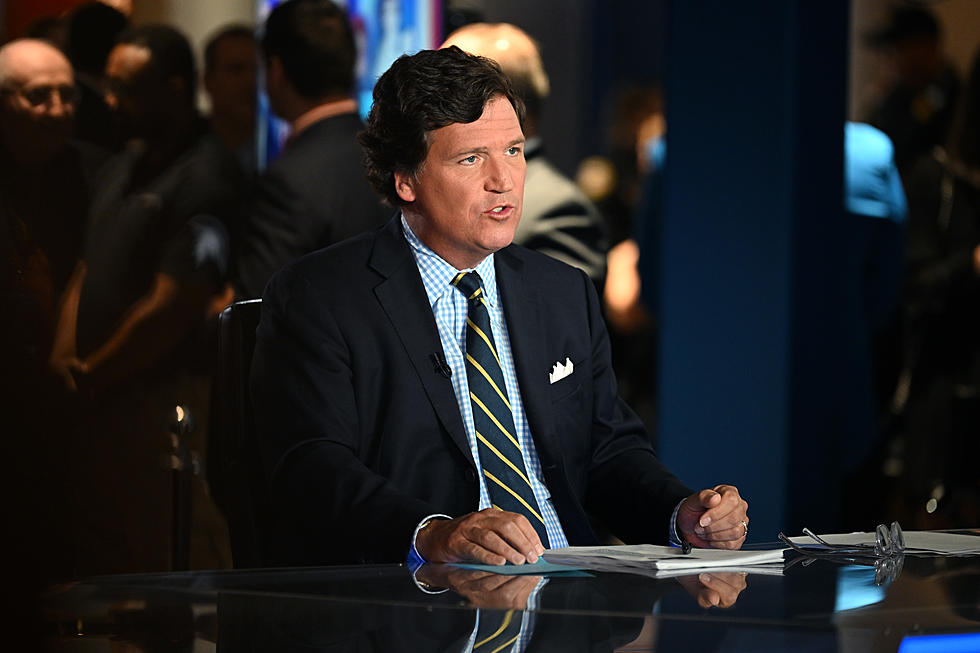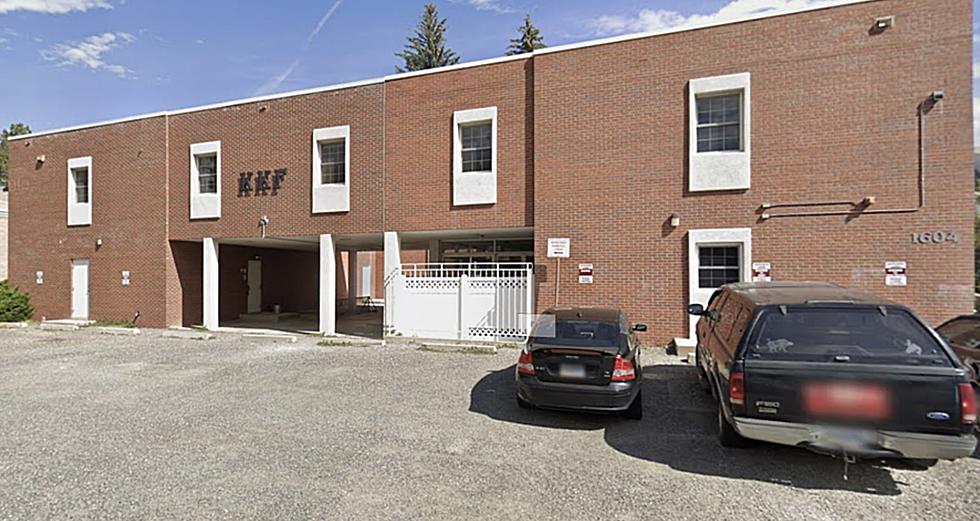
Judge Won’t Block Energy Panel’s Work, But Lets Case Proceed
BILLINGS, Mont. (AP) — A federal judge says a lawsuit from conservationists can proceed against the Trump administration over its creation of a committee to review federal policies governing the extraction of fossil fuels from public lands.
U.S. District Judge Donald Molloy in Missoula denied a requested injunction that would have stopped the committee's work.
But Molloy said the U.S. Interior Department must better explain why former Secretary Ryan Zinke established the Royalty Policy Committee. The judge also said the committee had an obligation to make its meetings and records open to the public.
Thursday's ruling came in a lawsuit filed last year by the Western Organization of Resource Councils. The Montana-based group said that Zinke was giving oil, gas and coal companies too much influence over the management of public lands and resources.
Molloy dismissed two other claims: that the committee was stacked with industry supporters and that it was inappropriately influenced by special interests.
However, the judge expressed concern that the arguments offered by the administration in the case were based on the minimum requirements needed to comply with a federal law on advisory committee meetings. Molloy said that approach "highlights a troubling trend within the current administration's view of governing and the rule of law."
Interior Department spokeswoman Faith Vander Voort said the agency does not comment on pending litigation.
The Western Organization of Resource Councils and its attorneys, from the group Democracy Forward, welcomed Molloy's ruling. They issued a statement saying their goal was "to ensure that the administration cannot formulate policy that impacts ranchers and landowners in secret and without public input."
Zinke is a former Montana congressman who announced his resignation from Trump's Cabinet last month amid pending ethics investigations. He established the 20-person policy committee in 2017 and included representatives from industry, state government, tribes and academia.
The panel is supposed to find ways to remove barriers to drilling and mining while making sure taxpayers aren't shortchanged by energy companies.
Critics say it has made one-sided recommendations that favor industry and weaken environmental protections. Those include calls to speed up oil and gas lease sales in the Arctic, hasten approvals for new drilling and allow coal companies to largely self-determine the value of fuel they sell on the export market.
Zinke last April rejected the committee's recommendation to lower royalty rates for offshore oil and gas production.
More From K2 Radio









